Boom! Pop! Bang!
Are summer sounds driving your hound to higher ground? Or sending your bobtail into a tailspin? If so, your pets are not the only ones. More pets go missing on July Fourth than any other holiday, and every animal control, adoption center, and veterinary hospital handles a surge of admissions in the days that follow.
Ensure your pet-centric July Fourth plans don’t fizzle like bad fireworks. Check out the top five pet safety tips from the Sixes Animal Hospital at Bridge Mill team.
#1: Sound-proof your pet
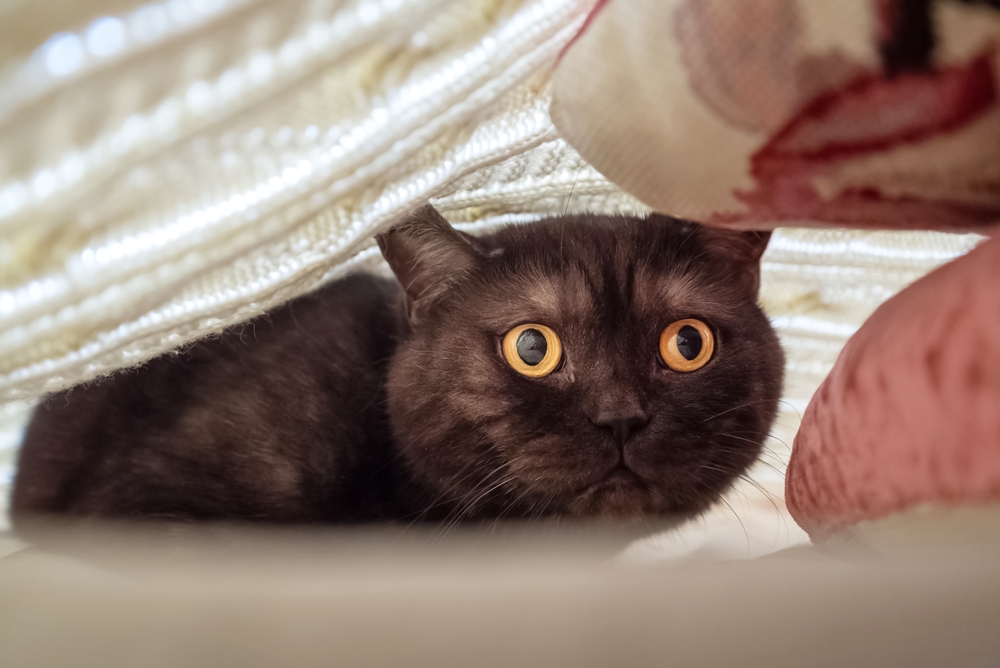
Loud, unpredictable sounds can trigger intense fear and spark a blind panic in noise-sensitive pets. The pet’s sympathetic nervous system activates their fight-or-flight response, which can lead to escape, destructive behavior, self-injury, disappearance, or death.
If your pet is apprehensive about loud or unfamiliar sounds, ask your veterinarian about noise anxiety medications. Short-term pharmaceutical therapy can relieve your pet’s nervousness and help them stay calm.
All pets, including those who are not noise-averse, should be kept indoors during fireworks displays to prevent accidental panic and escape. You should confine nervous pets to a quiet interior room where the noise is minimal, and they can’t see flashing lights outside. Provide them with essential items (e.g., food, water, litter box), as well as a positive distraction, such as a food-stuffed toy or long-lasting chew. Exercising your pet during the early afternoon so they’ll be more likely to rest and sleep through the noisy night may be helpful.
#2: Turn down the fur-nace with these pet cooling tips
Summer heat can be deadly for pets, but many owners underestimate its power. Pets find effectively cooling themselves, which they can do only by panting, extremely difficult in high temperatures and humidity. Overweight, senior, and brachycephalic pets are especially vulnerable to heat-related injury.
Avoid potentially life-threatening heat-related emergencies by limiting your pet’s outdoor activity during warm weather. When you are outside, ensure your pet has unlimited access to cool, fresh water and shade, and take plenty of breaks. Avoid hot surfaces such as asphalt, artificial turf, and concrete, which can lead to serious paw pad burns.
Most importantly, never leave your pet in a parked vehicle. Interior temperatures inside a parked car climb rapidly, reaching dangerous levels in as few as 10 minutes—despite the car being parked in the shade with the windows cracked.
#3: Avoid these pet party fouls at backyard cookouts
Outdoor grilling and dining is a summer staple, but big noisy gatherings, tables of food, and flaming-hot grills can spell disaster for culinarily curious pets.
Supervise your pet to prevent common party faux pas, such as:
- Toxin ingestion — Many favorite summer foods contain ingredients that are poisonous to pets, including onions, garlic, chives, chocolate, raisins, grapes, alcohol, macadamia nuts, and xylitol.
- Grill-related injuries — Pets can’t resist an open grill, but often find themselves getting burned—literally. Grill-related injuries include burns from hot meat, open flames, or splattered grease. Pets may also get a sharp puncture wound if they run off with sharp grill tools or skewers.
- Choking and intestinal obstruction — Meat bones and corn cobs are dangerous treats for dogs. These items commonly become lodged in the throat or intestines and require emergency surgery.
#4: Supervise your pet around water
Some pets naturally gravitate toward water, while others see one big bathtub. No matter your pet’s preferences, always directly supervise your pet in and around natural and man-made water sources.
All pets should wear a well-fitted life jacket when they’re near the water or on a boat, in case they fall in or become fatigued. Ensure water-loving dogs take appropriate breaks to prevent exhaustion. Provide your dog with fresh, cool drinking water to prevent excessive water consumption while swimming, which can lead to acute water intoxication.
Do not allow your pet to drink from or play in stagnant, dirty, or slimy water, which may contain toxic blue-green algae.
#5: Restrain your pet during car travel
The image of a dog hanging their head out an open car window is iconic, but many pet owners do not realize that unrestrained pets are a hazard to themselves and everyone else in the car.
Loose pets can fall or jump out open windows or become deadly projectiles in an accident. Unrestrained dogs and cats also easily distract the driver, and may be responsible for tens of thousands of accidents every year.
Ensure your four-legged companion’s travel safety and comfort by securing them in a crate, carrier, or seat belt. Place small carriers on the floor behind the passenger seats and secure larger crates on the seat or in the cargo area using tie-down straps. In case of an accident or an emergency, store your pet’s vaccine records and basic information in the glove box for easy access.
Your pet’s summer holiday experience should be filled with fun, not fear or danger. Whether your July Fourth includes fireworks and friends on land, or a river or ocean cruise, always prioritize your pet’s physical and emotional wellbeing—which may mean leaving them at home.
For additional heat safety tips or to inquire about noise anxiety medication for your pet, contact the Sixes Animal Hospital at BridgeMill team.
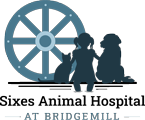
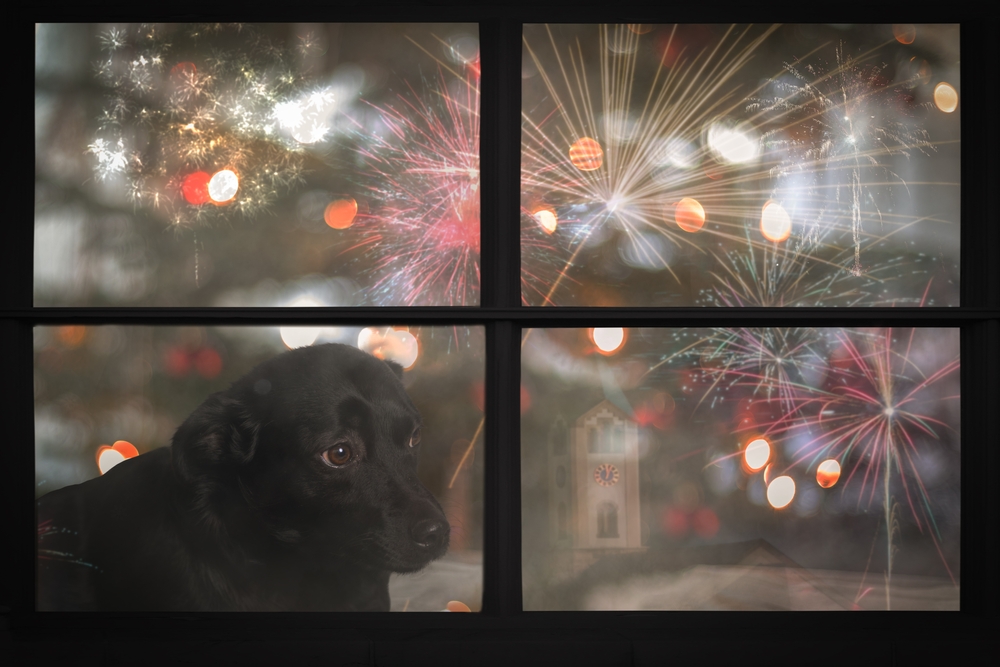

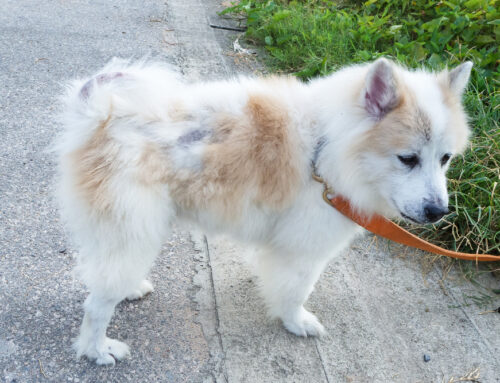
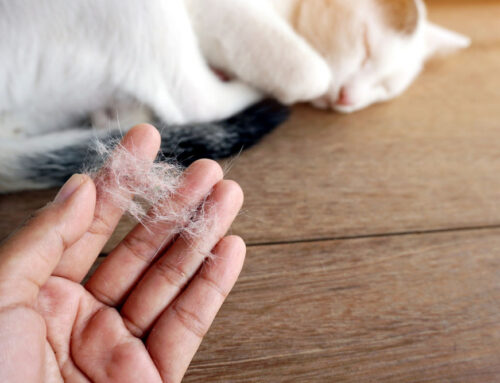
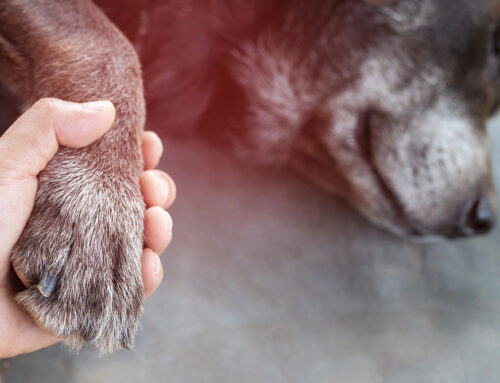
Leave A Comment